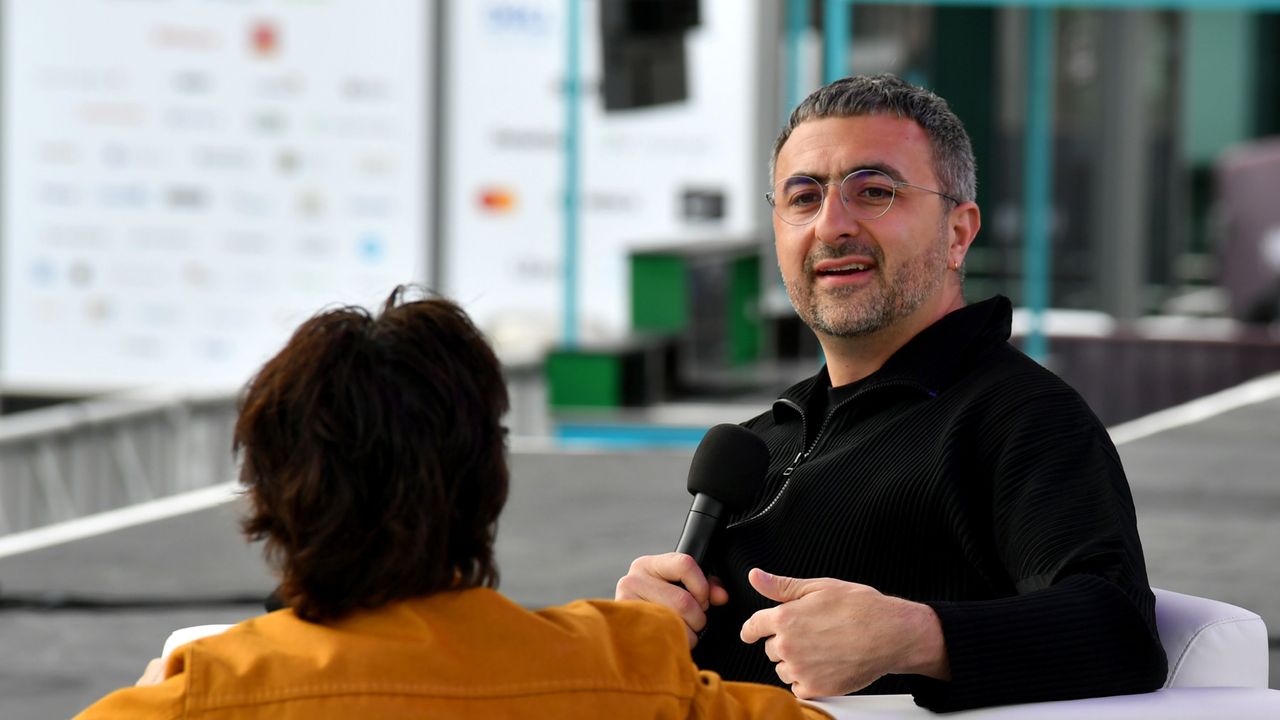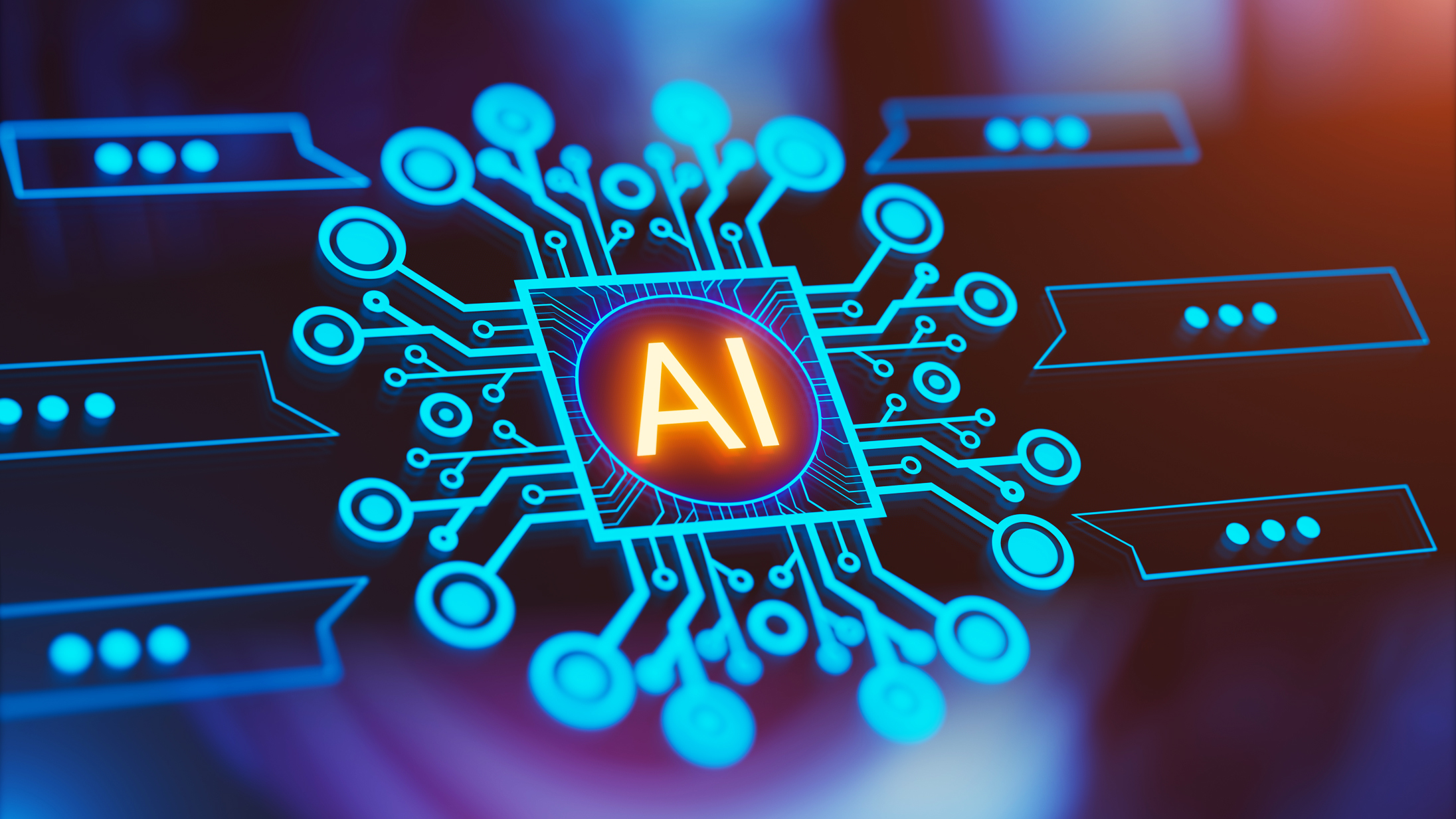
Microsoft and OpenAI recently strengthened their partnership with a new agreement, responding to investor demands for OpenAI to become a for-profit company. After restructuring financially, Microsoft, which has already invested $13 billion, now has a $135 billion stake in OpenAI. This gives Microsoft approximately 27% ownership of the company.
The agreement includes some notable points. Specifically, OpenAI can’t end the partnership by claiming they’ve achieved artificial general intelligence (AGI) before it actually happens.
Instead, a group of outside experts will be brought in to check if the claim is true. Plus, Microsoft has protected its intellectual property rights for its current and future models – even those developed after artificial general intelligence is achieved – until 2032.
Interestingly, Microsoft isn‘t limited to working with OpenAI on artificial general intelligence (AGI). They can also develop it on their own or with other companies. In fact, Microsoft is already taking steps in this direction, as announced in a recent blog post by their AI CEO, Mustafa Suleyman.
At Microsoft AI, we’re developing highly advanced AI – what we call Humanist Superintelligence – that is designed to always benefit people and society as a whole.
Microsoft AI CEO, Mustafa Suleyman
Microsoft’s AI research team is working on creating a highly advanced AI, focused on being beneficial to humanity. Their goal is to harness the power of AI for good, while avoiding potential dangers and keeping the technology firmly under human control.
Artificial General Intelligence (AGI) is a popular topic in tech, but its meaning often varies. Generally, it refers to AI with human-level thinking abilities. Microsoft, however, is aiming even further with what they call “Humanist Superintelligence” (HSI), developed by their MAI Superintelligence team.
Artificial General Intelligence (AGI), often called HSI, means an AI that’s smarter than humans in many different ways. However, Microsoft emphasizes that this technology will be designed to prioritize people and work for the benefit of humanity.
The company appears to be stepping back from the intense competition to create advanced AI and is instead focusing on a different approach called HSI. As explained by Suleyman:
I see this work as creating a powerfully intelligent system that’s fundamentally focused on human well-being. It’s not about pursuing artificial intelligence for its own sake – we’re tackling specific, real-world problems with a technology that will remain safe, manageable, and clearly dedicated to serving humanity. We’re not aiming for a vague, abstract intelligence, but a useful tool designed with human needs at its core.
Superintelligence is a global team effort

Keeping powerful AI systems – those capable of continually improving themselves – safe is a major challenge. According to Suleyman, these systems require constant monitoring and alignment, forever. This isn’t something AI labs can handle alone; ensuring safety and maintaining human control requires a global effort. As Suleyman puts it, “Everyone needs to work on this, together, continuously.”
Beyond preventing malicious individuals and amateur hobbyists from exploiting weaknesses to cause damage, the executive acknowledges there isn’t a foolproof way to ensure the technology’s safety.
Developing superintelligent AI is only half the battle. The real, pressing issue for humanity today is figuring out how to safely control and align it with our values. Until we can guarantee that control, we must thoroughly explore all possible paths – both those leading to and away from superintelligence, and even consider completely different approaches to advanced AI.
Microsoft AI CEO, Mustafa Suleyman
As a tech enthusiast, I find Microsoft’s ambitions with superintelligence incredibly exciting. They’re not just aiming for a powerful AI, but one that genuinely elevates the human experience – helping us live longer, healthier, and more fulfilling lives. In fact, according to Suleyman, anything less than that is simply unacceptable, and we shouldn’t even bother pursuing it if it doesn’t contribute to a better future for everyone.
Some people worry that the current excitement around AI is a bubble that will burst, but it’s also possible this technology will completely transform our lives – impacting everything from our jobs and healthcare to how we learn. Microsoft, as it develops increasingly powerful AI, aims to create a future where humans remain central and valuable.
Humanist superintelligence prioritizes human well-being and keeps people at the core of its operations. It’s AI designed to work *with* humanity, remaining under our control and avoiding potentially disastrous outcomes. While being safe, predictable, and sharing our values is essential, it’s not the whole story, the executive explained.
FAQ
What is superintelligence?
Superintelligence describes AI that’s significantly more intelligent than humans – essentially, an AI that can think and learn better than people.
How does Microsoft plan to keep humanity safe from superintelligence?
Mustafa Suleyman, CEO of Microsoft AI, explains the company is working towards a powerful AI that focuses on positive outcomes – harnessing the benefits of innovation while minimizing potential dangers. He emphasizes that keeping AI under control and ensuring it remains beneficial for everyone requires a collective effort.
Read More
- Best Controller Settings for ARC Raiders
- How to Get the Bloodfeather Set in Enshrouded
- Every Targaryen Death in Game of Thrones, House of the Dragon & AKOTSK, Ranked
- The Pitt Season 2, Episode 7 Recap: Abbot’s Return To PTMC Shakes Things Up
- Battlefield 6 Season 2 Update Is Live, Here Are the Full Patch Notes
- The Best Members of the Flash Family
- Where Winds Meet: How To Defeat Shadow Puppeteer (Boss Guide)
- Duffer Brothers Discuss ‘Stranger Things’ Season 1 Vecna Theory
- Auto 9 Upgrade Guide RoboCop Unfinished Business Chips & Boards Guide
- 4 TV Shows To Watch While You Wait for Wednesday Season 3
2025-11-07 15:40